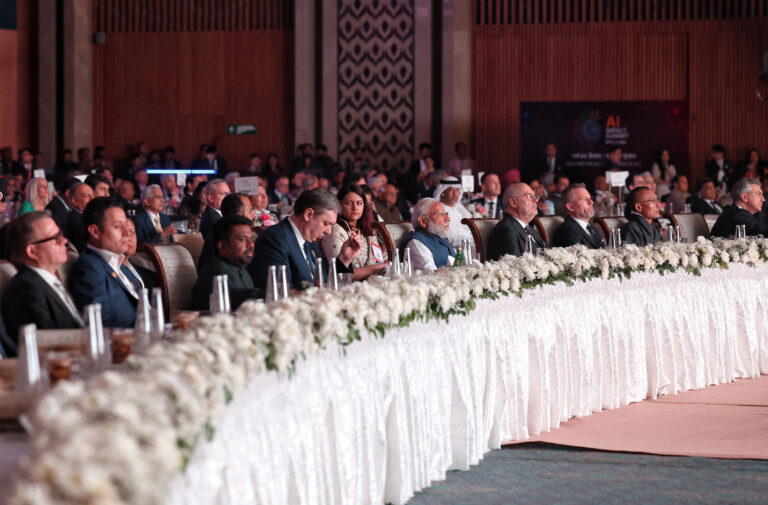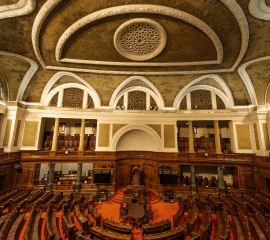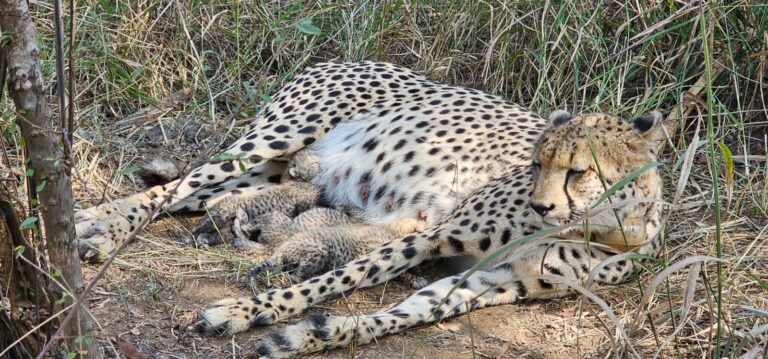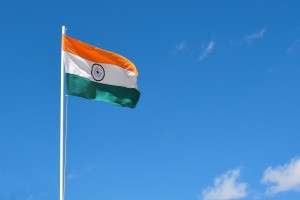
Sunday Snippets
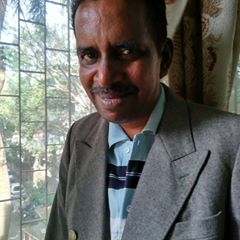 By Venkatesh Raghavan
By Venkatesh Raghavan
Down memory lane
The diamond jubilee celebrations of Indian independence take me down memory lane as far back as half a century ago. I was in primary school and it was a Sunday when I along with dad was traveling in a BEST bus towards Fort (now called CST). As I stared out of the window, arrays of lighting and bursting fire crackers greeted my eyes. I asked my dad, “What’s the big celebration about? Ganpathi festival is still far off?” My dad explained to me that it was the Silver jubilee celebrations for Indian independence.
I immediately queried, “What does a silver jubilee mean?” He then went on to narrate about silver jubilee, golden jubilee, platinum jubilee and diamond jubilee, stating these terms applied as per the number of years that have passed. Having satisfied my curiosity, my dad and I alighted from the bus and we walked in the crowded pavements that led from Victoria Terminus towards Fountain. Every alternate Sunday, my dad used to take me for a walk along this stretch and I keenly look forward to these outings as it always ended with my dad purchasing a 35-paise worth cake that used to taste delicious.
Though my curiosity was quenched, confusion still prevailed in my mind. I had the impression that expressions like silver jubilee, or golden jubilee etc. only applied to Indian independence and not used in any other context. A few years down the line, I developed the taste of grabbing the morning papers. There were only two pages that interested me, firstly the sports page and next it was entertainment. As I looked at the entertainment page, I found a film advertisement screaming “25th Silver jubilee weak.” I again went to dad and queried, “How can film advertisements use the expression silver jubilee and that too only”weeks “? I thought it was only about years after Indian independence.” My dad smiled and explained, “It can be anything. For films, a silver jubilee week means it is doing well commercially or it’s a hit. The expression is not confined to just our independence era. Even institutions like schools or social organizations like your Ganesh Utsav pandals can use the expression.”
My late uncle Sheshadri reminiscing on the British times narrated to me how euphoric our country felt on the occasion of our first Independence Day when our first Prime Minister Jawaharlal Nehru addressed the nations from the ramparts of the red fort. Both the brothers, my uncle Sheshadri and father Vijayaraghavan were in their mid teens and were lucky to witness the momentous occasion for India. My uncle told me though television had arrived in the West, India was still in the Radio era. Besides, the only channel available for broadcast in those days was All India Radio. Those days were a far cry from the times we got Vividh Bharathi and a host of FM channels a few decades later. The feverish pitch, a mix of anticipation, jubilation and euphoric fanfare lend itself to wild celebrations throughout the city.
Much later, when I reminisced on this topic with a friend of mine by name Sagar baba (I was covering the Crime beat for The Free Press Journal in those days), he narrated to me how a Urdu poet had recorded the feelings of the masses both pre-independence and post-independence. It started with “Kal bhi bunde barsi thin, Kal bhi badal chhaye the” Summarizing the long Urdu verses, he told me how the poet’s mind was full of hope on the announcement of receiving freedom from British rule; and decades later how the poet felt cheated after looking around with what our politicians had done with our freedom.
Happy independence.


